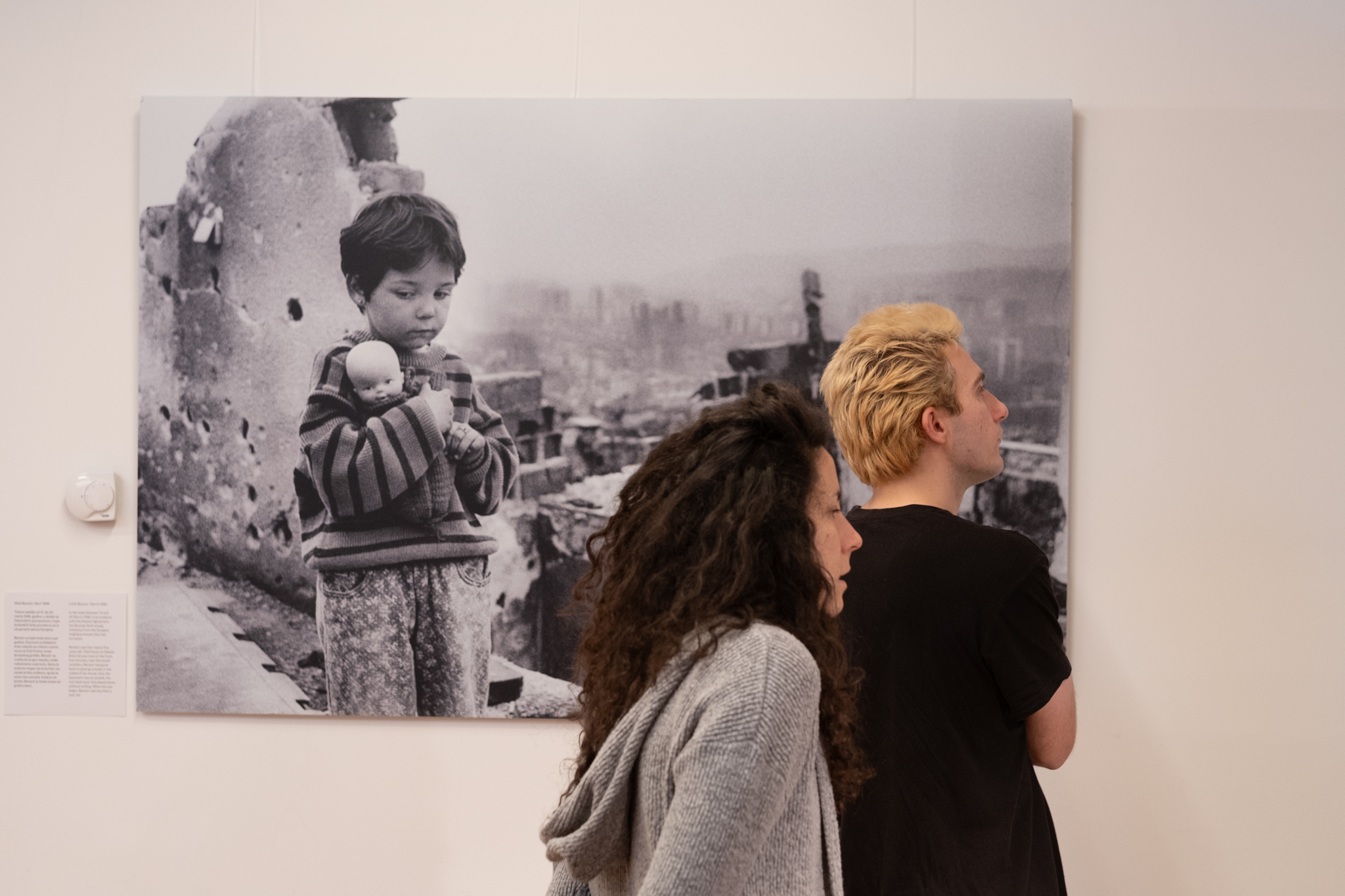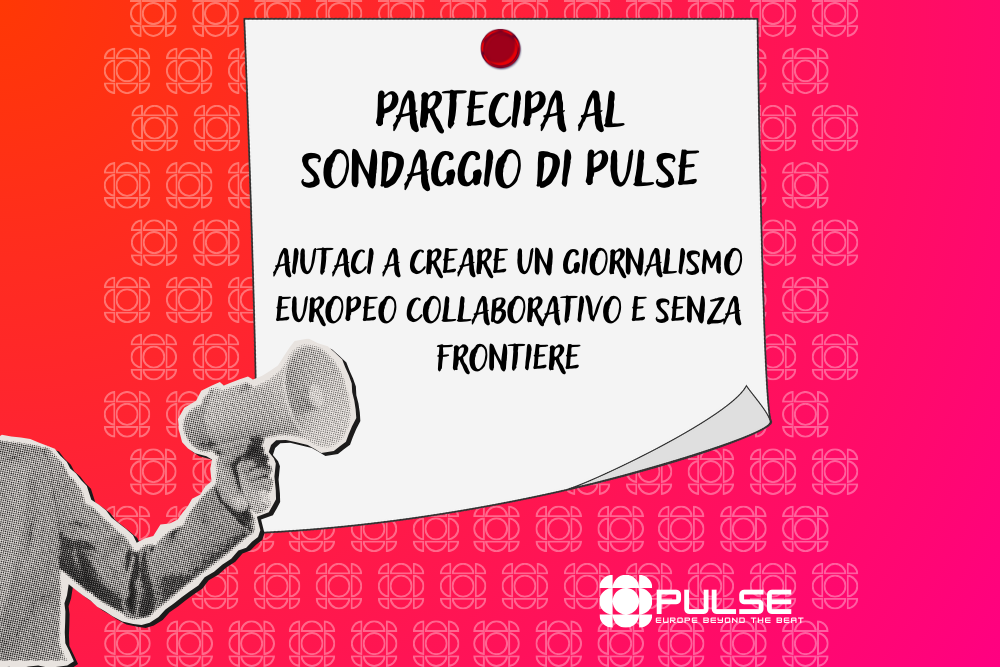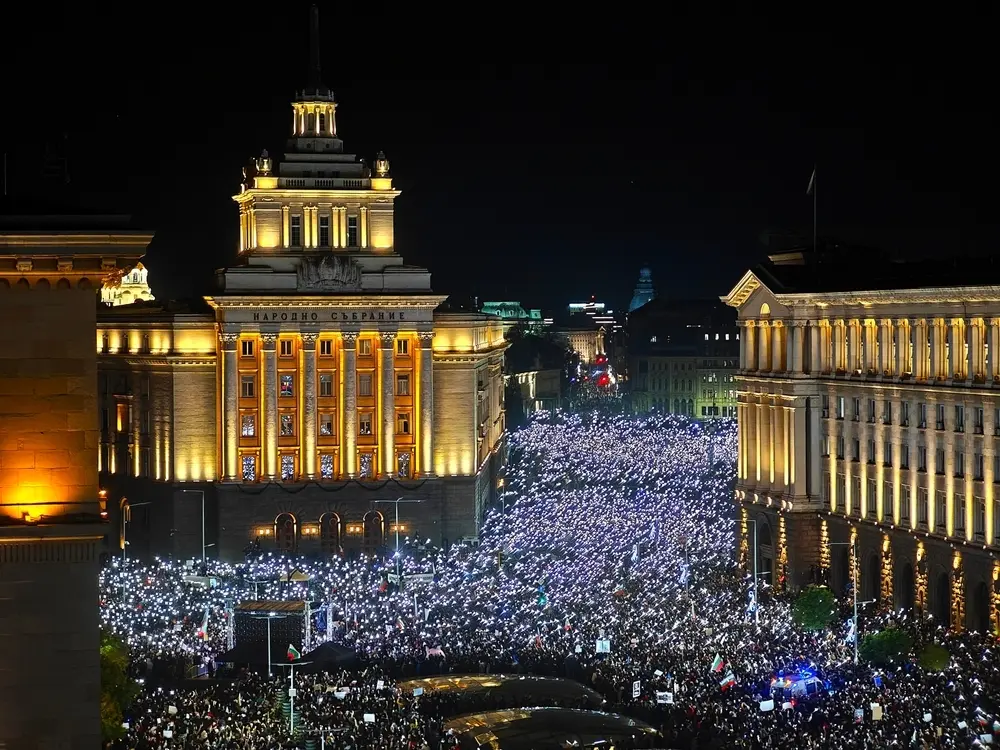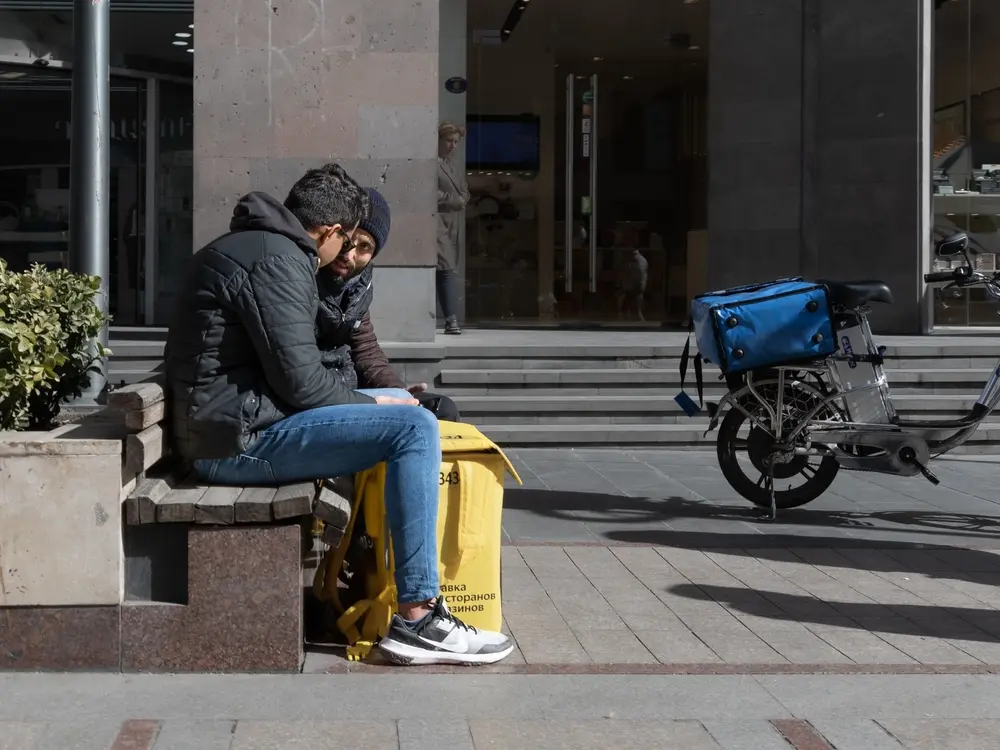ESI: France to break EU promise to the Balkans
On 14 September the EC reported that Albania and Bosnia are ready to qualify for visa-free access to the Schengen area. France has objected to this, putting itself in an awkward position vis-à-vis the EU, a mistake that the European Stability Initiative argues should be rectified
Read the European Stability Initiative (ESI)’s opinion:
On 14 September the European Commission reported that Albania and Bosnia had done all that the European Union had asked them to do to qualify for visa-free access to the Schengen area. This was the official acknowledgement of more than two years of hard work and difficult reforms.
Macedonians, Montenegrins and Serbs have benefited from travel to the EU without any restrictions since last December. All that now separates Albanians and Bosnians from enjoying the same freedom by the end of 2010 are votes in the European Parliament and the Council lifting the visa barrier.
The EU’s visa liberalisation process is a great example of EU soft power based on clear conditionality. In early 2008 five Balkan countries received detailed “visa roadmaps” that listed close to 50 benchmarks. The requirements ranged from secure biometric passports to well-protected borders, from new mechanisms to fight organised crime and illegal migration to improved cooperation with European law enforcement agencies. The process has turned the Balkan countries into partners helping protect the EU from external threats.
Serbia, Montenegro and Macedonia met the EU’s conditions in 2009. Although Bosnia and Albania lagged behind, they have by now caught up with their neighbours. As the Commission put it, “Albania and Bosnia and Herzegovina have taken all the necessary measures to fulfil all open benchmarks […] and consequently can be transferred from the negative (Annex I) to the positive (Annex II) list of Regulation 539/2001.”
It came as a shock, therefore, that France objected to keeping the EU’s promise last Thursday, challenging the Commission’s findings in a number of areas.
The substance of France’s objections is easy to dismiss. The Commission assessments are based on hundreds of specific criteria. In order to verify progress, the Commission has conducted 30 field missions to Albania and Bosnia each over the past two years. Largely to reassure national governments, each mission has included experts nominated by EU countries. ESI’s own research and analyses have showed that the Commission’s assessments have been both fair and sound.
The measures taken by Bosnia and Albania are already producing results. In June 2010 Interpol’s Secretary-General commended Bosnia for its leadership “in preventing dangerous criminals from using fraudulent travel documents and stolen motor vehicles to cross borders.” In its latest “Trafficking in Persons Report”, published this summer, the US State Department moved Bosnia into the top category of countries effectively fighting human trafficking. (Croatia is the only other Western Balkan country included in this category; seven EU member states are ranked lower.) In Albania, the number of first-instance convictions for organised crime increased from 317 in 2008 to 446 in 2009. The public procurement agency also won this year the second place UN award for improving transparency, accountability and responsiveness in the public service.
For France to challenge the Commission findings and to argue that Bosnia and Albania should not receive in 2010 what Serbia was given in 2009 is to damage the EU’s already diminishing credibility in the whole region – and to suggest that in the end EU conditionality is about politics, not reforms.
A number of possible reasons for the French shift of position are circulating. Some believe that the move is part of a French crusade against the Commission, which recently criticised the Sarkozy government over the closure of Roma camps and the expulsion of their inhabitants to Romania. Others argue that it is based on populist anti-Muslim bias.
The populations of Macedonia, Montenegro and Serbia are predominantly Christian. Albania and Bosnia-Herzegovina (and Kosovo, which has not been even given a viosa liberalisation process) are majority Muslim. The fact that such a perception would pose a major threat to European interests in the Balkans is lost on no one, not least the French foreign minister, Bernard Kouchner. In a commentary published a few months ago, Kouchner wrote:
“The technical conditions must of course be met, but we must not allow the idea to gain currency that the Balkan Muslims are discriminated against and prevented from benefiting from measures from which the Serbs or the Montenegrins have, quite rightly, benefited from since the end of last year. The right to travel freely in Europe is essential to allowing the peoples of the Western Balkans to feel as full members of the entire European family.”
Where does all this leave the EU? The best outcome would be for the vast majority of EU member states – and the European Parliament, which is strongly in favour of abolishing the visa requirements as soon as possible – to convince France that it is mistaken. The French foreign ministry could chip in by warning the Elysée Palace of the enormous damage to France’s image in the region if France remains opposed.
A second possibility is that the Belgian EU Presidency puts the issue to a vote regardless of French objections. As long as France stands alone, it could be easily outvoted. Even if one or two member states join the French camp, the necessary “qualified majority” (roughly a three-quarter majority) would be reached. This would show to the region that most member states refuse to compromise the EU’s policy of “strict but fair” conditionality.
The third and worst outcome would be for France to prevail and be joined by other EU members. In this case, the European Union would break its clear promise to the region. This would seriously undermine the EU’s leverage at a critical moment. In Bosnia, it woulddiscredit all those who argued in 2009 that all of the country’s ethnic groups should work together to reach difficult compromises in the interest of EU integration and visa-free travel. In Albania, it would undermine European efforts bring a dose of stability to a highly polarised domestic environment. Above all, the refusal to abolish the visa requirement would send a signal of double standards.
The EU’s soft power is often said to be a most powerful foreign policy tool. Yet this power depends on the credibility and consistency of the EU’s policies. If the EU were to backtrack on its promise of visa-free travel, the credibility of its future efforts in Bosnia and Albania, but also in Kosovo, would suffer tremendously.
France has done a lot for the Balkan region since the Zagreb Summit in 2000. The summit itself, the first to offer the Balkans a European perspective, was initiated by then French President Jacques Chirac. The foreign minister and French intellectuals have warned against anti-Muslim prejudice in EU policies towards the Balkans. This week, EU ambassadors will discuss the visa issue in Brussels. Their meeting is an opportunity for France to scrap its surprisingly irresponsible policy towards Bosnia and Albania.
Gerald Knaus and Alexandra Stiglmayer founded and run the European Stability Initiative, a think-tank that has closely followed the visa liberalisation process for the Western Balkans. www.esiweb.org
In evidenza
- Partecipa al sondaggio












